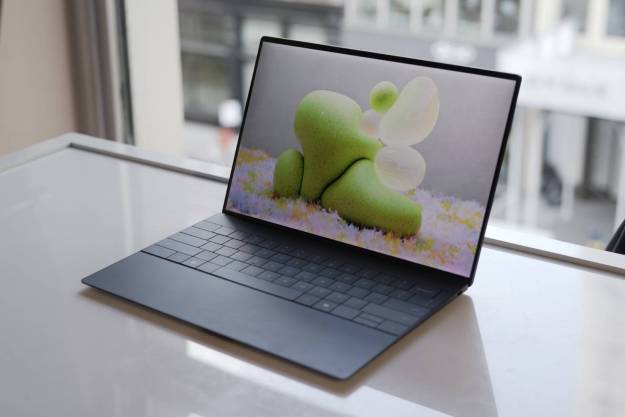 The father of the C programming language and the UNIX operating system, Dennis Ritchie, died this past weekend at the age of 70 following a long illness
The father of the C programming language and the UNIX operating system, Dennis Ritchie, died this past weekend at the age of 70 following a long illness
News of Ritchie’s death was publicly reported by software engineer Rob Pike, a friend and former colleague of Ritchie’s, who posted the sad news to Google+.
“[Ritchie] was a quiet and mostly private man, but he was also my friend, colleague, and collaborator, and the world has lost a truly great mind,” wrote Pike.
Known in the computer science community by his username “dmr,” Ritchie spent most of his career at Bell Labs, one of the nation’s largest phone companies, where he began working in 1967. It was at Bell where Ritchie met Ken Thompson. The two aimed to create a more efficient operating system for the fledgling minicomputer. And by 1971, Ritchie and Thompson, along with a few other Bell colleagues, released the first version of UNIX.
In 1973, Ritchie and Thompson recoded UNIX entirely in C, which greatly expanded the potential of UNIX. That version went on to have many iterations, and has since become one of the most important foundations of modern computing, and is the basis for popular operating systems, like Linux and Apple’s Mac OS X.
Ritchie is quoted as saying that, “UNIX is basically a simple operating system, but you have to be a genius to understand its simplicity.”
Currently, C is the second most-used programming language in the world, and led to the creation of the popular C++ language and Java.
Throughout his career, Ritchie won a number of prestigious awards, including the Turning Award, which he and Thompson received in 1983 for their development of generic operating system theory; and the National Medal of Technology, which the pair received in 1999 from President Bill Clinton for their invention of UNIX and C.


